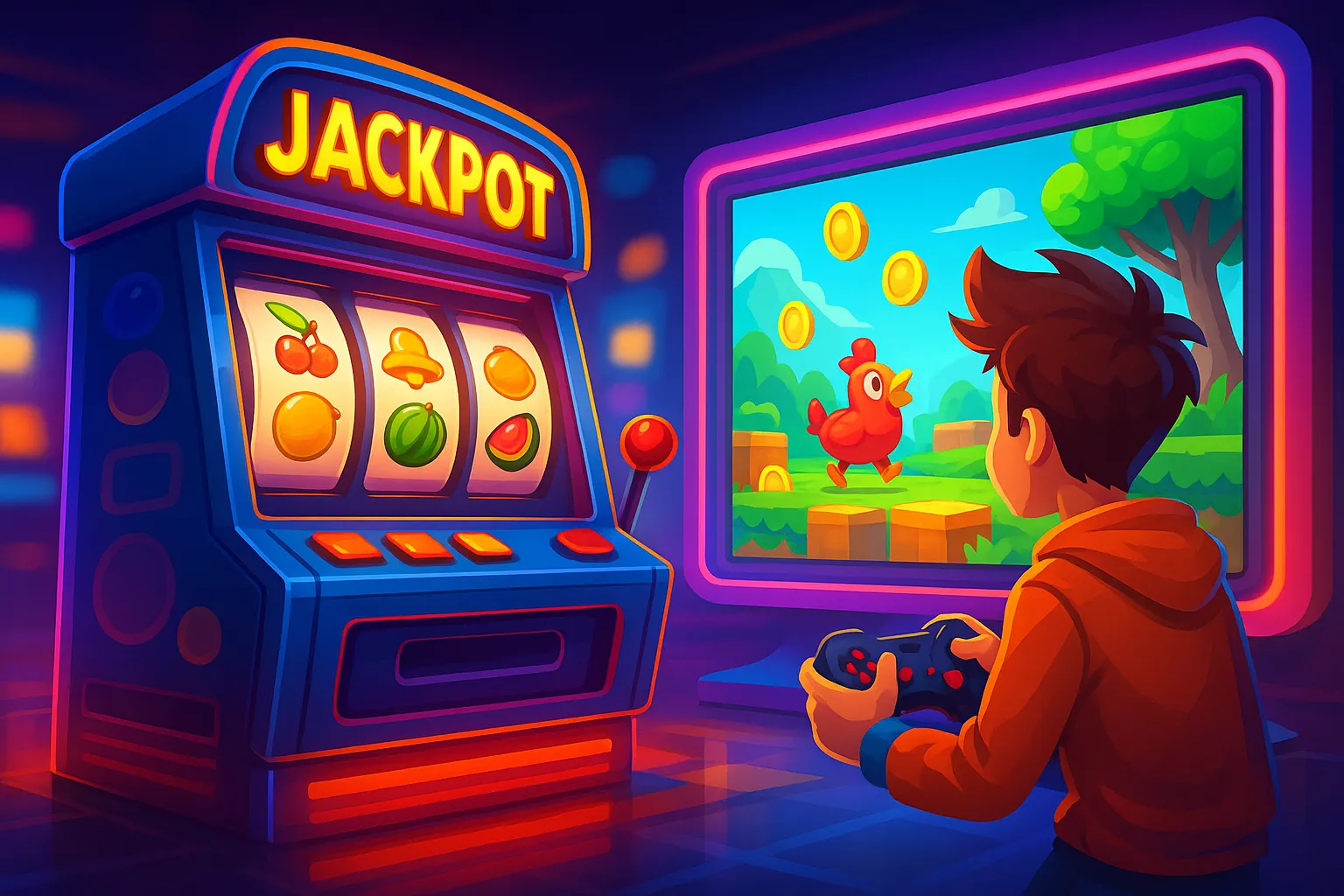Over the past decade, the gambling industry has seen more innovation than in the previous century. From mobile apps to crypto-friendly casinos, the landscape is shifting rapidly. But now a new trend is emerging that could reshape everything: hybrid casino games that combine the fast, flashy appeal of slot machines with the skill-based mechanics of video games.
For anyone who has followed the rise of esports or watched younger generations spend hours on mobile gaming apps, the move makes sense. Gamblers are no longer satisfied with just pulling a lever or pressing a button; they want interaction, strategy, and immersion. This is where hybrid casino games step in.
Why Hybrid Casino Games Are Gaining Attention
Traditional slots rely heavily on luck, and while they are still popular, they don’t provide the kind of engagement modern players crave. Hybrid games borrow elements from mainstream video gaming—storylines, levels, challenges, and even skill-based mini-games—and blend them with casino mechanics like random number generators and real-money wagering.
Imagine sitting at a slot machine, but instead of just spinning reels, you’re controlling a character in a short adventure, battling through challenges that can unlock bonuses. These experiences feel much closer to mainstream gaming titles than old-school slots, giving them mass appeal.
The idea isn’t just theoretical—it’s already happening. Games inspired by casual titles like the chicken cross the road game have been adapted into gambling formats where success in the skill-based element influences potential winnings. By tapping into familiar gaming mechanics, casinos are not just chasing profits but also broadening their audience.
Slots Meet Video Games: How the Mechanics Work
The innovation behind hybrid games is their ability to weave together chance and skill. The “chance” part is still present through slot reels or RNG-based systems, ensuring compliance with gambling regulations. The “skill” side, however, gives players more control than ever before.
For instance, in a hybrid game you might spin to trigger a bonus round, but instead of watching animations play out automatically, you’re suddenly in a mini-platformer or puzzle challenge. Your performance—how many levels you clear, how quickly you react—can directly affect the payout multiplier. This gives players a sense of agency that traditional slots lack.
This combination is powerful because it appeals both to traditional gamblers and to younger, tech-savvy audiences. Those who grew up playing console and mobile games find hybrid slots more engaging than standard machines, while casinos benefit from increased session times and higher engagement.
Why Casinos Are Betting Big on Hybrid Experiences
Casinos are businesses built on entertainment, and hybrid games add layers of interaction that boost retention. Slot developers understand that Gen Z and Millennials want more than passive gambling. They want experiences that resemble the video games they’ve grown up with.
Game developers are responding by designing immersive titles with better graphics, story arcs, and competitive elements. Some hybrid casino games are even experimenting with multiplayer options, allowing gamblers to compete or collaborate in ways that feel closer to online gaming than solitary slots.
And there’s another motivation: regulatory scrutiny. With growing pressure on responsible gambling, casinos want games that emphasize entertainment value as much as financial stakes. Hybrid games allow them to present a product that looks less like pure gambling and more like interactive entertainment.
The Risks and Challenges of Hybrid Casino Games
Of course, blending video games and slots is not without controversy. Critics argue that these games could blur the lines too much, especially for younger audiences who might see gambling as just another form of gaming. Regulators will need to pay close attention to ensure safeguards are in place.
Another challenge is balance. If skill plays too large a role, it can jeopardize fairness or alienate casual players. If luck dominates, then it may feel no different from a traditional slot. Striking the right blend is key.
Finally, technology adoption is a hurdle. Hybrid games often require better hardware, faster internet connections, and players willing to learn new mechanics. Some traditional gamblers may resist the change.
The Future of Gambling Entertainment
Despite the challenges, it’s clear that hybrid casino games are not just a passing experiment. They represent the industry’s recognition that audiences want more dynamic, interactive experiences. As developers refine mechanics and regulators set guidelines, hybrid games could become the centerpiece of casino floors and online platforms.
Just as online poker reshaped gambling in the early 2000s, hybrid slots could define the next two decades. With familiar mechanics like those found in popular casual titles such as the chicken cross the road game, combined with gambling incentives, the appeal is undeniable.




